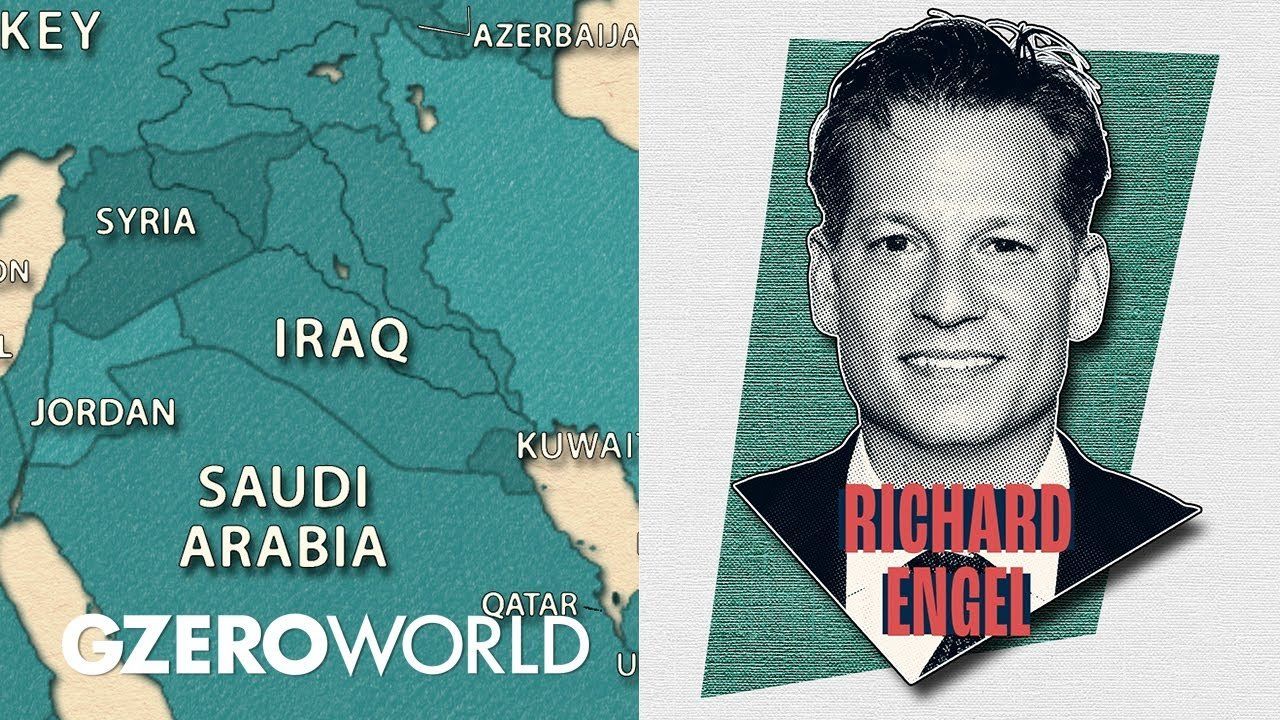GZERO World Clips
Richard Engel on Iraq, Ukraine, and the danger of 'wars of choice'

Richard Engel on Iraq, Ukraine, and the danger of 'wars of choice' | GZERO World

Richard Engel, NBC's Chief Foreign Correspondent, was one of the few US TV journalists on the ground in Baghdad when the US-led invasion of Iraq began in 2003. Engel joins GZERO World to reflect on his experience covering the Iraq War as a freelance journalist, and what lessons he took away as he covers other global conflicts, like the war in Ukraine.
Engel recounts the lead-up to the war in 2003, when it was very difficult to enter Iraq, and how he ended up getting into the country on a "human shield" visa. Once inside, he found a population that was beaten down by years of dictatorship, and a chaotic, disorganized government. While many Iraqis expressed their joy that "Americans were coming in and getting rid of Saddam," it got ugly very quickly. The Bush Administration made a lot of mistakes, and there was lingering resentment from the Sunni Muslim community, which led to anger and animosity.
Engel reflects on the state of Iraq 20 years after the war began. While the country is safer now, the Iraq War led to the emergence of ISIS and a three year civil war. There's ongoing instability and political violence following massive protests in 2019 against corruption and sectarianism. "They're much freer," Engel says, "They're better than they were under Saddam, but they haven't been embraced as a fully-functioning country yet."
Engel cautions against engaging in a “war of choice,” drawing parallels to the invasion of Ukraine, which he views as a war of choice for Russia. "Don't do a war of choice," Engel emphasizes, "War truly must be the last resort."
Watch the GZERO World episode: Iraq War's legacy: Loss of lives, rise of ISIS, & political turmoil
Europe enters 2026 under mounting strain as it confronts external threats, internal political pressures, and a weakening relationship with the United States. In GZERO’s 2026 Top Risks livestream, Mujtaba Rahman, Managing Director for Europe at Eurasia Group, describes a continent that is “exhausted, fatigued, weak, and vulnerable.”
Plot twist #PUPPETREGIME
4: Italy has reformed its voting rules four times since 1993, and Prime Minister Giorgia Meloni is now considering a fifth change.